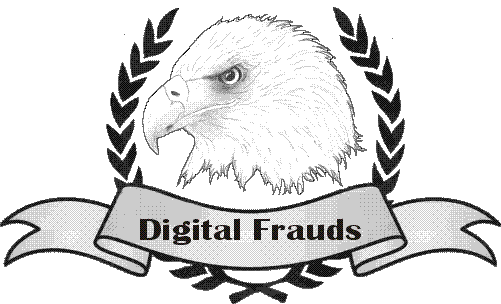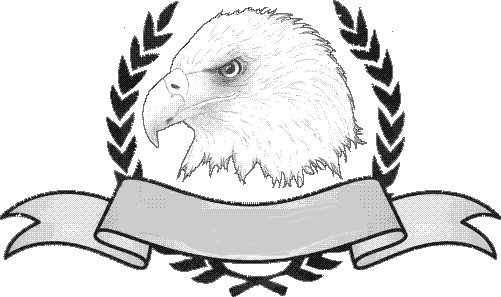
FI-501
Fraud Investigation Methodologies
Regardless Of Your Profession, Fraud Investigation Is An Added Valuable Skill To Your Career Advancement!
Fraud Investigation Methodologies is a professional course designed by a Senior Fraud Investigator and Digital Forensics Examiner.
Unlike other investigation courses, this course will teach you proven investigation methods that are widely used in the field work. The advancements in technology over the years have fuelled the evolution of fraud today.
Unlike in the past, fraudsters are becoming more technically savvy and technology is getting more user-friendly. As such, investigating a fraud incident no longer requires eyeballing files of documents.
Despite the use of technology, you do not need to be a technical person to tackle this problem. Instead, you should understand how to work with other technical experts on investigating the matter.
You may be able to spot a “Red Flag” in your findings, but it often it leads to a dead end whereby you are unable to form a complete chain of evidence, or even form a list of interview questions. Have you ever wondered why that is so?
Every fraud case is unique and the last successful investigation method may not work for current or future cases. We are dealing with the human complex mind and not just computer or documents, which may complicate matters.
In spite of the increased complications in investigative work today, the trainer in this course will explain eight proven effective investigation methods that have solved many seemingly “impossible to crack” cases.
Who should attend?
-
Business Owners / C-Level / Accountants / Internal Auditors / Security / IT / MIS /Human Resource / Investigator
-
Anyone has the passion to be a Fraud Investigator
Getting there
To be advice
Topics
-
Introductions
-
Fraud Triangle
-
Traditional Crimes verse Technology Crimes
-
The Impact Of Internal Frauds
-
Case Study
-
What will trigger an internal fraud investigation?
-
Types Of Internal Frauds
-
What Is The Objective and Intention?
-
The 3 killing elements
-
Investigation Method 1 - 5W1H
-
Investigation Method 2 - MM
-
Investigation Method 3 - RCA
-
Investigation Method 4 - P&C
-
Investigation Method 5 - IOC
-
Investigation Method 6 - EMA
-
Investigation Method 7 - IPA
-
Investigation Method 8 - MAA
-
Summary Of Investigation Methods
-
Definition Of Evidence
-
Possible Sources Of Evidence
-
The Procedures To Obtaining Evidences
-
Anton Piller Order
-
Chain of Custody
-
Chain of Evidence
-
Digital Forensics Investigation
-
When everything does not make sense
-
Singapore Law
-
Questions And Answer
-
Venue depends on number of registered participants.
About The Trainer

Mr. Jeff Anthony is a field investigator and a certified ethical hacker. He has been performing cyber and technology crime investigations for the past 30 years, he was an invited speaker for Cyber Attacks Prevention and Fraud Investigation talks. His contributions were featured in various newspaper and magazines.
He had handled financial frauds, insurance frauds, membership frauds, payment card frauds, misconduct, data theft, identity theft, espionage. Some frauds involved multi-billions USD, multiple culprits across few countries.
“Fraud Investigation is no longer only internal, it has expanded into
the area of cyber frauds,”
General Refund Policy
-
No postage fees will be refunded.
-
If a class is cancelled by DigitalFrauds at any time, participants have the option of rescheduling to another date or receive a full refund of the course fee paid.
-
No further monies will be paid for any other expenses the participant has or may incur.
-
No refund will be provided for participants who are unable to attend the course.
-
If a participant cancels the course, the cost of the course material provided to participant by DigitalFrauds will be deducted from the refund, if any.
-
Refund must be applied for in writing by the participant at least three days before the lesson commences.
-
If the refund is approved, monies will be returned to the same person making the payment.



